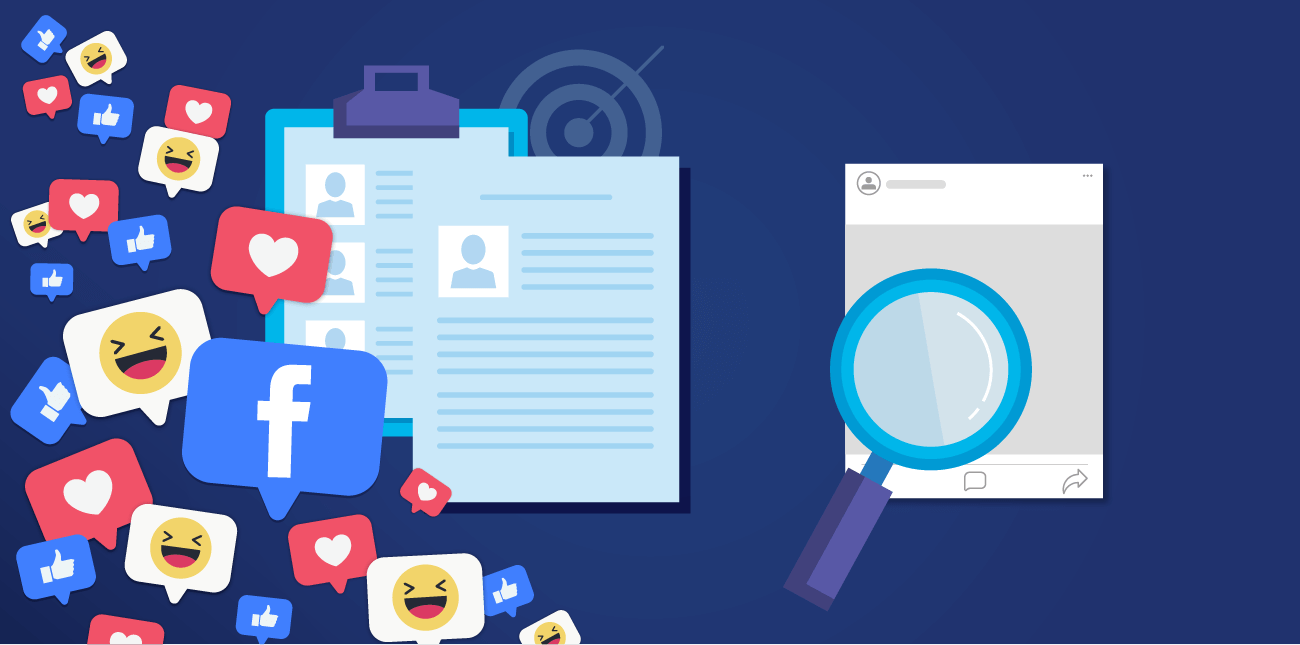Customer segmentation is a cornerstone of effective retail marketing strategy, offering myriad benefits for businesses across...
Omnichannel Segmentation Strategy: A 360o Guide for Retailers
Unlike traditional single-channel strategies, an omnichannel approach integrates various channels seamlessly to provide...
Facebook Ad Segmentation: A How-To Guide for Successful Ecommerce
The ability to use Facebook ad segmentation quickly and effectively is crucial to generating higher returns from your ad budget....
Marketing Automation Terms Every Marketer Must Know
Marketing automation is one of the most misunderstood terms in digital marketing nowadays. This is true even among the...
Get retail insights and customer engagement tricks delivered to your inbox.
By entering your email address above and clicking Register, you consent to receive marketing communications from ContactPigeon. You can unsubscribe from our marketing emails at any time by clicking on the “Unsubscribe” link at the bottom of our emails. For more information on how we process your personal data and rights in this respect, please see our Privacy Policy.







